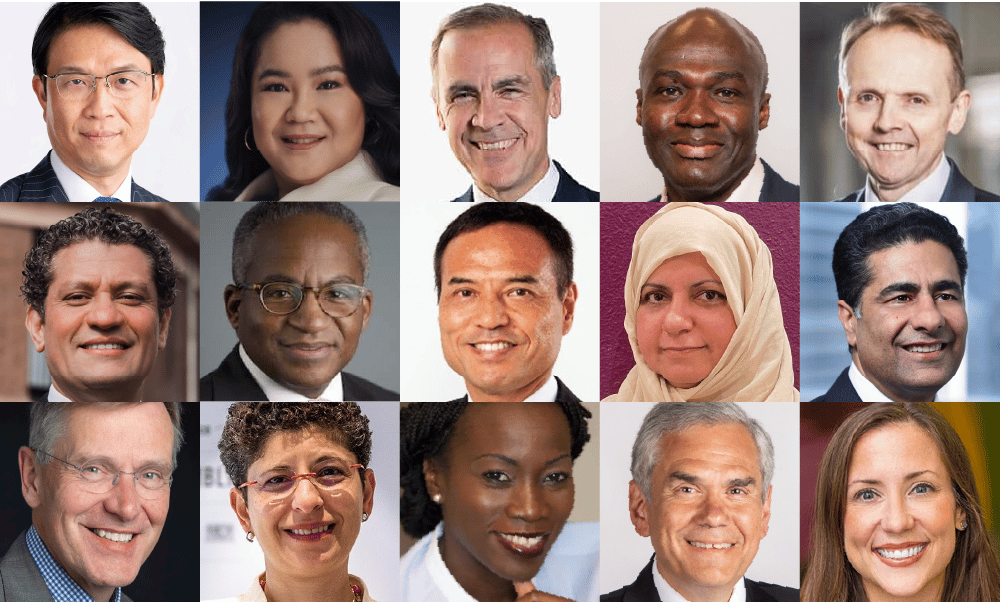The Predistribution Initiative (PDI) is a multi-stakeholder non-profit designed to co-create improved investment structures and practices that share more wealth and influence with workers and communities. Our ultimate goal is to address systemic risks like inequality, biodiversity loss, and climate change, which manifest as systematic risks in markets and investors' portfolios.
PDI is an Interim Secretariat Member of the Taskforce on Inequality-related Financial Disclosures (TIFD), a systemic risk management framework designed to reduce inequality created by the private sector. A collaboration among a broad range of stakeholders, TIFD will provide guidance, thresholds, targets, and metrics for companies and investors to measure and manage their impacts on inequality, as well as inequality’s impacts on company and investor performance. Civil society organizations, regulators, and investors can use TIFD to evaluate the private sector’s performance and hold corporations to account. In this way, civil society, regulators, and investors will be the implicit enforcers of TIFD. The TIFD Project will synthesize work on inequality from civil society and academic thought leaders with corporate and investor disclosure and risk management frameworks. It will introduce features not currently found together in any one framework:
- a focus not only on portfolio company activities relating to inequality, but also investment structures and practices relating to inequality;
- thresholds and targets that companies and investors can work toward to alleviate inequality, and metrics to gauge their progress; and,
- an explicit role for representatives of the most marginalized and vulnerable individuals and communities as co-creators.

